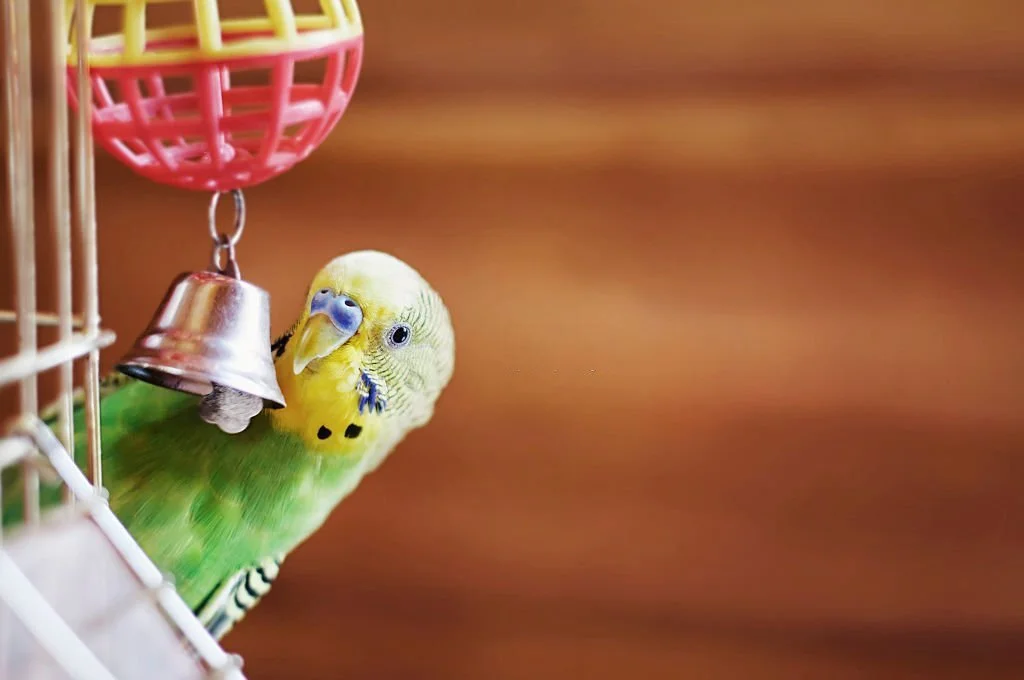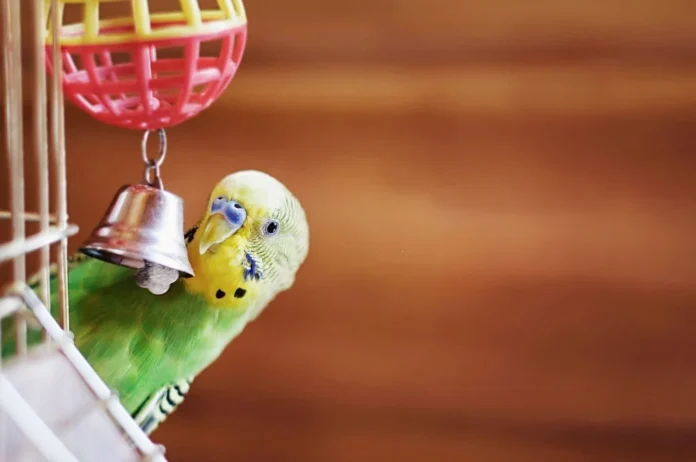Introduction
Knowing your bird’s age is an important aspect of responsible pet ownership. Understanding your bird’s age can help you provide the appropriate care and nutrition, as well as anticipate any age-related health issues. In this post, we will discuss the importance of knowing your bird’s age, how to determine your bird’s hatch date, and common mistakes to avoid when calculating your bird’s age.

Understanding Bird Lifespan and Aging
Birds have a wide range of lifespans, depending on the species. Some birds, such as canaries, have a lifespan of around 10 years, while others, such as macaws, can live up to 80 years or more. The aging process in birds is similar to that of humans, with changes in physical appearance, behavior, and health.
Comparing bird lifespan to human lifespan can be tricky, as birds age at a different rate than humans. For example, a 10-year-old bird may be considered middle-aged, while a 10-year-old human is still considered a child. It’s important to understand the lifespan of your specific bird species to accurately determine their age.
Factors That Affect Bird Age Calculation
Calculating a bird’s age can be challenging, as there are several factors that can impact the accuracy of the calculation. These factors include species, diet, and environment. Different bird species have different lifespans, so it’s important to know the lifespan of your specific bird to accurately calculate their age.
Diet and environment can also impact bird aging. A healthy diet and environment can help your bird live a longer, healthier life, while a poor diet and environment can lead to health issues and a shorter lifespan. It’s important to provide your bird with a balanced diet and a clean, safe environment to ensure their health and longevity.
The Importance of Knowing Your Bird’s Age
Knowing your bird’s age is important for several reasons. First, it can help you provide appropriate care and nutrition based on their age. For example, older birds may require a different diet or more frequent vet checkups. Second, age can impact bird behavior, with older birds being more set in their ways and less likely to adapt to new situations. Finally, knowing your bird’s age can help you anticipate any age-related health issues and provide appropriate treatment.
How to Determine Your Bird’s Hatch Date
There are several methods for determining a bird’s hatch date, including leg banding and DNA testing. Leg banding involves placing a small band around the bird’s leg with a unique identification number and date of birth. DNA testing involves taking a blood sample or feather from the bird and analyzing it to determine their sex and age.
Once you have determined your bird’s hatch date, you can calculate their age by subtracting the hatch date from the current date. For example, if your bird was hatched on January 1, 2010, and today’s date is January 1, 2022, your bird would be 12 years old.
Converting Bird Years to Human Years
Converting bird years to human years can be tricky, as different bird species age at different rates. As a general rule, small birds age faster than larger birds. For example, a 10-year-old canary may be considered middle-aged, while a 10-year-old macaw may still be considered young.
To convert bird years to human years, you can use a conversion chart or online calculator. However, it’s important to keep in mind that these calculations are estimates and may not be accurate for all bird species.
Common Mistakes in Bird Age Calculation
There are several common mistakes people make when trying to calculate their bird’s age. One of the most common mistakes is assuming that the bird’s age is the same as the number of years they have owned the bird. Another common mistake is assuming that the bird’s age is the same as the age of the previous owner.
To avoid these mistakes, it’s important to determine your bird’s hatch date and calculate their age based on that information. It’s also important to know the lifespan of your specific bird species to accurately determine their age.
Using Bird Behavior to Estimate Age
Bird behavior can provide clues about a bird’s age. For example, older birds may be less active and more set in their ways, while younger birds may be more curious and energetic. Additionally, changes in behavior, such as increased aggression or decreased appetite, may be a sign of age-related health issues.
The Role of Diet and Environment in Bird Aging
Diet and environment play a crucial role in bird aging. A healthy diet and environment can help your bird live a longer, healthier life, while a poor diet and environment can lead to health issues and a shorter lifespan. It’s important to provide your bird with a balanced diet and a clean, safe environment to ensure their health and longevity.
Tips for Accurately Translating Your Bird’s Age
To accurately calculate your bird’s age, it’s important to determine their hatch date and know the lifespan of your specific bird species. Additionally, it’s important to provide your bird with a healthy diet and environment to ensure their health and longevity. Regular vet checkups can also help you anticipate any age-related health issues and provide appropriate treatment.
Conclusion
Knowing your bird’s age is an important aspect of responsible pet ownership. Understanding your bird’s age can help you provide appropriate care and nutrition, anticipate any age-related health issues, and celebrate your bird’s milestones. By following the tips outlined in this post, you can accurately calculate your bird’s age and provide them with the best possible care.



